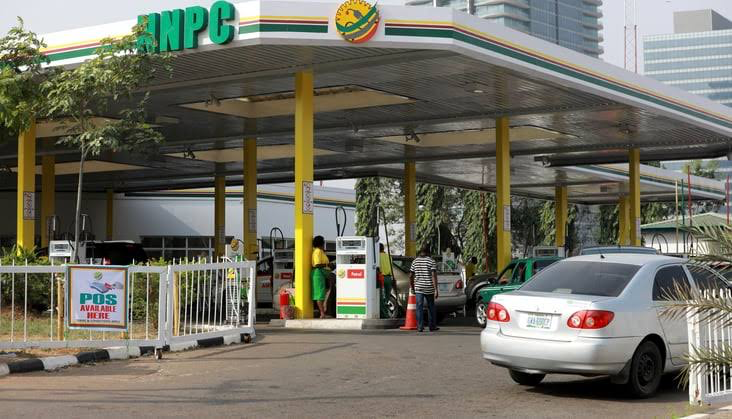The Nigeria National Petroleum Company Limited (NNPCL) has released its first financial statement post-restructuring, unveiling critical insights into the operational dynamics of the oil company. The report indicates a pivot towards product trading, with less emphasis on upstream operations, which traditionally formed the backbone of the company’s activities.
According to the financial statement, NNPCL achieved impressive profit growth, reaching N2.52 trillion ($2.7 trillion). However, when compared to its global peers like Petronas, Qatar Energy, Petrobras, and Saudi Aramco, the company’s performance appears modest. For instance, while NNPCL made $2.7 billion, Saudi Aramco reported a staggering $161 billion in the same period.
According to a report by The Guardian, one of the key revenue drivers for NNPCL in 2022 was the importation and trading of petroleum products. This segment significantly outperformed crude oil export revenues, which is a notable shift in the company’s revenue composition. While other national oil companies globally are capitalizing on crude oil and gas sales, NNPCL’s focus on imported petroleum product sales has become a critical component of its financial success.
Despite the decade being termed ‘a decade of gas,’ NNPCL’s revenues from natural gas amounted to only N683 billion, constituting less than seven percent of its total retained revenue. The company’s operating margin stood at about 25 percent, which, though an improvement from previous years, still lags behind its contemporaries. For comparison, Saudi Aramco and Petronas recorded operating margins of over 50 percent and 40 percent, respectively.
NNPCL’s audited financial statement for 2022 further revealed that the bulk of its profit came from trading activities rather than core oil and gas operations. In contrast, companies like Aramco achieved their profits through stronger crude oil prices, higher volumes sold, and improved margins for refined products.
The company’s journey from being a loss-making entity to posting significant profits raises questions about its operational focus and sustainability. For decades, NNPC (now NNPCL) was known for its lack of transparency and inefficiency. The release of its financial statements in recent years marks a shift towards greater accountability.
However, NNPCL’s rising operational and administrative expenses, which amounted to more than half of its profits, indicate ongoing challenges. Additionally, the company faced significant write-offs on unsuccessful wells and underperformance in the natural gas sector, highlighting areas needing improvement.
Analysts like Waziri Adio have raised concerns about NNPCL’s financial health, pointing out issues such as overleveraging and unresolved liabilities in royalties and taxes. The company’s loan arrangements and repayment terms, particularly with its stakes in refineries, also come under scrutiny.
In conclusion, NNPCL’s latest financial statement paints a picture of a company at a crossroads. While it has achieved notable profit growth, primarily through product trading, its performance in core upstream operations and long-term sustainability remain a concern. As the Nigerian government continues to navigate the complexities of the global oil market, the strategic decisions made by NNPCL will be crucial in defining the future of the country’s oil and gas sector.



